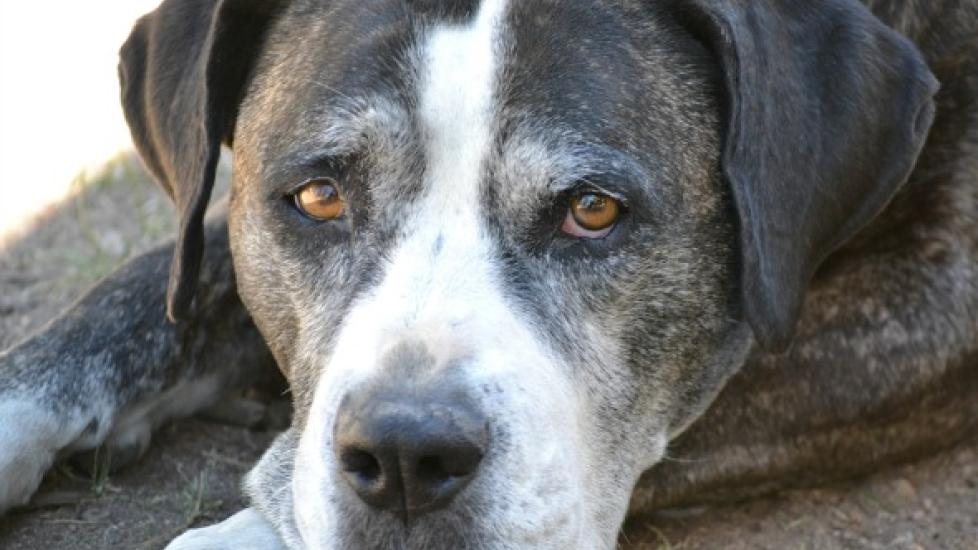The Fungal Infiltration: Understanding Pneumocystosis in Canines
Lungs, those delicate balloons within our furry companions’ chests, are designed to breathe life into their every exhale. However, certain fungal pathogens can invade this sanctuary, wreaking havoc and causing a condition known as pneumocystosis. This insidious infection is not to be taken lightly; it requires astute observation, prompt diagnosis, and a well-executed treatment plan to restore your dog’s respiratory health. Let us delve into the intricacies of this affliction, its symptoms, causes, prevention methods, and how you can support your beloved pet through this challenging period.
What Is Pneumocystosis?
Pneumocystosis refers to a lung infection caused by Pneumocystis jirovecii or Pneumocystis carinii organisms—fungal parasites that thrive on the alveolar walls where oxygen exchange occurs. These opportunistic microbes typically strike immunocompromised dogs with weakened immune systems, such as those undergoing chemotherapy for cancer treatments or infected with feline leukemia virus (FeLV). The disease can range from mild to severe, depending on the extent of damage done to the lungs.
Symptoms:
Recognizing the signs early is crucial for swift intervention. Watch out for these telltale indications:
1. Persistent coughing, which may worsen at night or during exertion.
2. Shortness of breath, especially after minimal activity.
3. Fatigue and loss of energy, leading to decreased appetite and weight loss.
4. Blue tinge to the skin and mucous membranes due to inadequate oxygen levels in the bloodstream.
5. Coughing up foamy white phlegm or blood streaks if the infection has progressed significantly.
Causes:
While any dog can potentially contract pneumocystosis, certain factors increase susceptibility:
1. Immunosuppressive conditions like HIV/AIDS, autoimmune diseases, or steroid use.
2. Age – older dogs have a higher risk due to age-related decline in immunity.
3. Environmental exposure – kennels, crowded shelters, or areas with high humidity favor the growth of these fungi.
4. Stress – travel, boarding, or changes in living environment can lower resistance against infections.
Prevention:
A proactive approach goes a long way in keeping your pup protected:
1. Regular vet checkups to monitor overall health and screen for underlying issues affecting immunity.
2. Vaccinations – keep your dog updated on all recommended vaccinations to strengthen defenses.
3. A balanced diet rich in nutrients essential for maintaining a robust immune system.
4. Limit contact with other animals showing signs of illness or in high-risk environments until they recover fully.
Treatment Plan:
If diagnosed with pneumocystosis, immediate action must be taken under veterinary guidance:
1. Antifungal medications – usually administered intravenously or orally over several weeks or months, aiming to eradicate the infection completely.
2. Oxygen therapy – supplementary oxygen may be required to alleviate breathing difficulties while the body heals itself naturally.
3. Supportive care – hospitalization might be necessary for intensive nursing including fluid therapy and antibiotics to manage secondary bacterial infections often associated with pneumocystosis.
Support Your Pet During Recovery:
During recovery, provide tender loving care:
1. Create a calm environment free from stressors so your dog feels safe and secure.
2. Monitor food intake closely since some pets may lose interest temporarily; consult with your veterinarian about dietary adjustments needed during convalescence.
3. Encourage regular walks but avoid strenuous activities until cleared by the vet; rest periods should be frequent throughout each outing.
4. Keep follow-up appointments diligently to assess progress and make necessary course corrections along the way back towards full wellness.
In conclusion, pneumocystosis demands vigilance and decisive measures when dealing with affected dogs because it targets their most vital function – respiration itself! By understanding risks involved alongside recognizing early warning signals presented by our four-legged friends we stand better equipped than ever before both preventatively speaking yet also responding swiftly once detected allowing them return happily barking away outside again soon enough thanks largely due diligence shown here today everyone wins ultimately!
